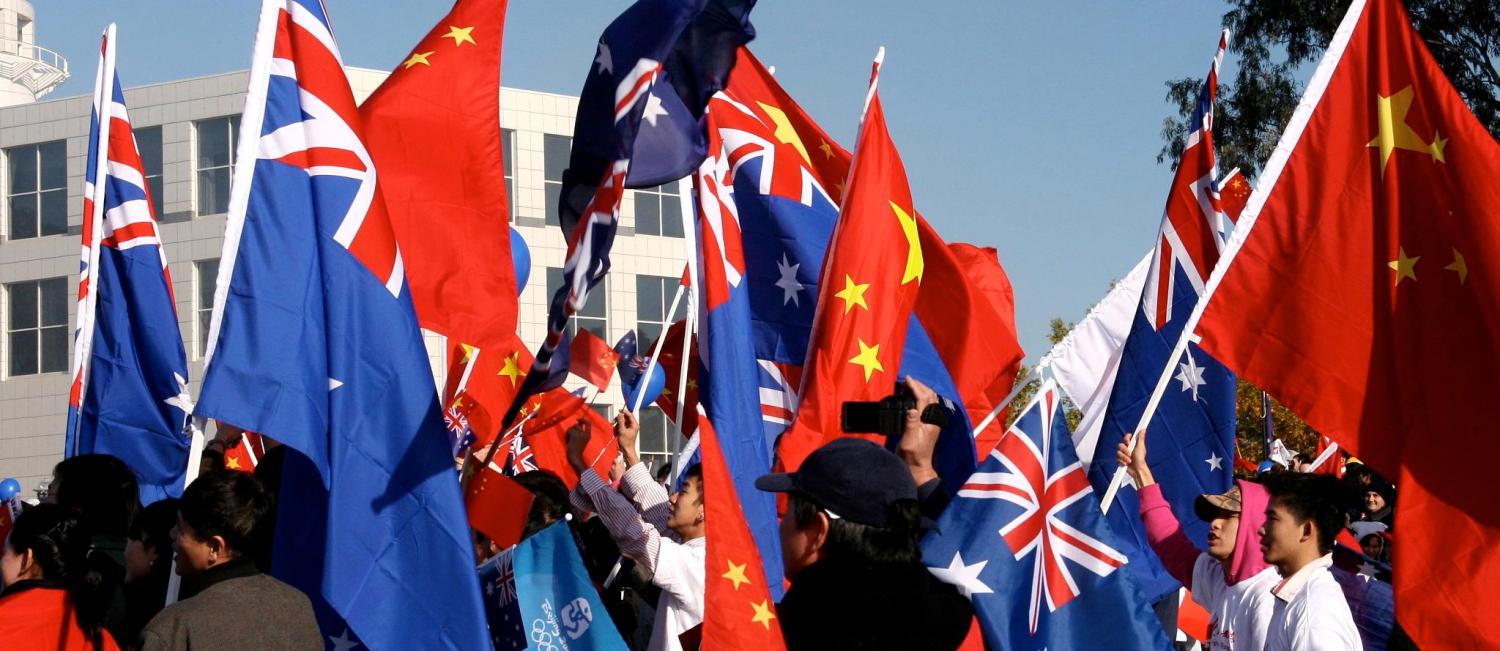Ideological differences between states do not necessarily inhibit co-operation in the achievement of mutually agreed ends. To realists in particular, it is axiomatic that national interests should dictate the purposes to which diplomacy is directed. An extradition treaty with another state may be a suitable project. And most observers would agree that criminals should not evade justice by passing unchallenged through inadequately protected borders. Nonetheless, the recent fiasco over ratification of the Australia-China extradition treaty demonstrated two weaknesses: an unsettling incoherence in Liberal/National Party ranks over the substance of Australian national interests; and an inclination among some politicians to evade a genuine national interest in asserting human rights norms.
In The Australian on 29 March, journalist Greg Sheridan castigated the Turnbull government for suggesting that Australian citizens now in Chinese custody might suffer if our government did not ratify the treaty. Sheridan recognised that such an ill-advised argument was in itself sufficient proof that the treaty was not likely to serve the national interest. Sheridan also noted that, while Australia holds extradition treaties with other illiberal states, none of these are capable of exerting similar pressure to China on the Australian government. Nor, Sheridan wrote, does any other foreign government make ‘…a remotely comparable effort to manipulate, coerce and control the political activities of its diaspora population in Australia'.
The latter argument was supported by remarks in the same newspaper two days later from the ANU's Rory Medcalf who referred to UTS academic Chongyi Feng. Dr Feng is a permanent Australian resident who on Sunday arrived back in Sydney after enduring a week of administrative detention and daily interrogation in China. Apparently, the reason was that he had spent several weeks studying the work of human rights lawyers in China. Professor Medcalf identified Dr Feng’s confinement as a tactic intended to intimidate Chinese-Australians who choose to be critical of Communist Party of China (CCP) influence in Australia. It appears likely that this type of coercion will prove effective and it may be categorised with other unsavoury but established practices of the CCP. For example, Chinese agents have reportedly harassed Australian citizens within Australia in campaigns of organised intimidation. This may be unexceptional daily practice for a dictatorship but it is inconsistent with good-faith dealing in sensitive treaty negotiations. In recent days, Matthew Ng, a victim of corrupt CCP practices who spent four years in a Chinese gaol, put a related point more bluntly:
Are we Australians confident enough if China exacts some political or economic pressure when they really want somebody back to China that our government would be brave enough to say no?
None of this is surprising. The CCP's behaviour is consistent with a dogma that identifies human rights norms as ‘foreign infiltration'. Any curious reader may study documents published by Human Rights Watch or Amnesty International to locate continuing human rights abuses by the Chinese. What remains less than clear are the motives that fuelled Australia's mishandling of the matter. Therein lies the more interesting and perplexing question: what exactly did the Turnbull government imagine was worth the compromises that would have accompanied consent to the treaty?
It was not as if there had been an absence of convincing criticism put before the Joint Standing Committee on Treaties. The Law Council of Australia submitted a diligently researched and succinct summary of the treaty’s extensive shortcomings. Deficiencies included aspects of the right to a fair trial, evidentiary thresholds in determining extradition requests, a presumption against bail, absence of time limits applied to executive government decisions, the definition of a political offence, consequences for breach of an undertaking not to apply the death penalty, protections for children and compliance monitoring arrangements.
It seems that many in Canberra perceive financial benefits from our largest trading partner as sufficiently important to ignore a less-than-benign mix of coercion and astute soft-power aimed at setting and controlling debates in our government, universities and business enterprises To an extent, it is understandable that the pro-treaty politicians wish to defend burgeoning two-way trade by seeking to mollify the Chinese. In 2014 this commerce was valued at $152 billion. It was certainly easier to take the high moral ground when negotiating with 20th century totalitarians because most of them were impoverished. Today, many of our politicians cheerfully make compromises to enhance the flow of profits from 21st century totalitarians. This is alarming because the mentality of our elected representatives risks a slow but perceptible drift from alert servants of the national interest to witting or unwitting servants of foreign interests.
National interests demand that our government deals with states of almost every stripe. In this our goals should not be confused with those of our ideological opponents. An extradition treaty with China that fails fundamental human rights standards would prove another tool for Chinese manipulation of Australia’s legal and political system.
To take a broader view, shrewd Chinese diplomacy around the world has proved spectacularly successful in a few short years. In last weekend’s Financial Times Gideon Rachman briefly reviewed the new book by Howard French titled Everything Under Heaven: How the Past Helps Shape China’s Push for Global Power. In French’s assessment, President Xi holds an uncompromising plan for regional domination. If this is so, Australia’s political class will have to become much more incisive if it is to remain a bulwark in support of a liberal and tolerant state when dealing with an illiberal and intolerant great power.
Photo: Flickr/Michael Lieu

